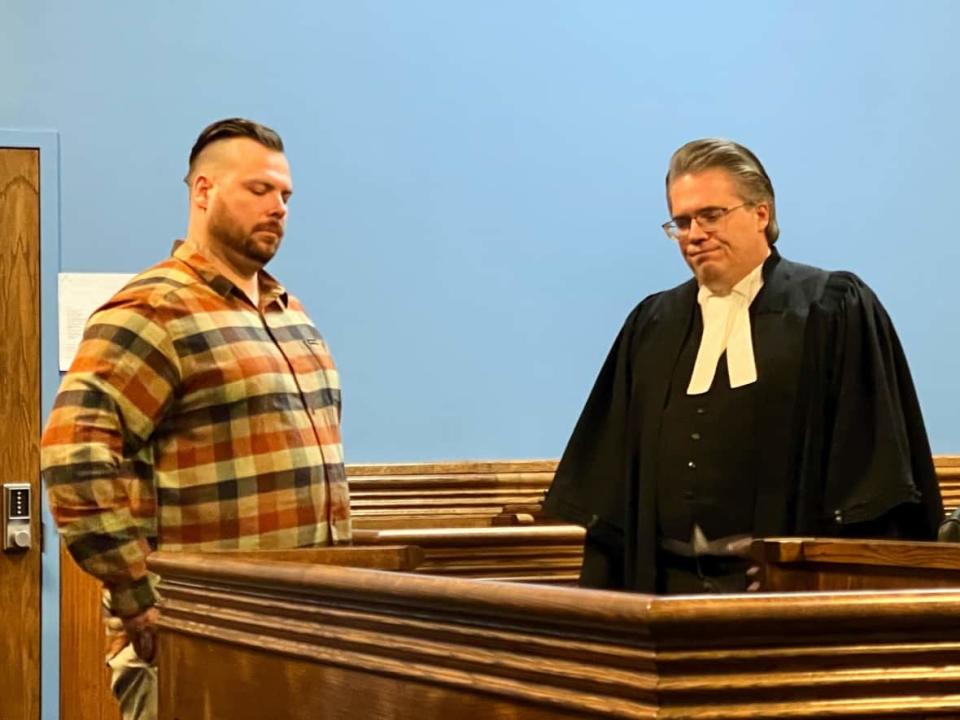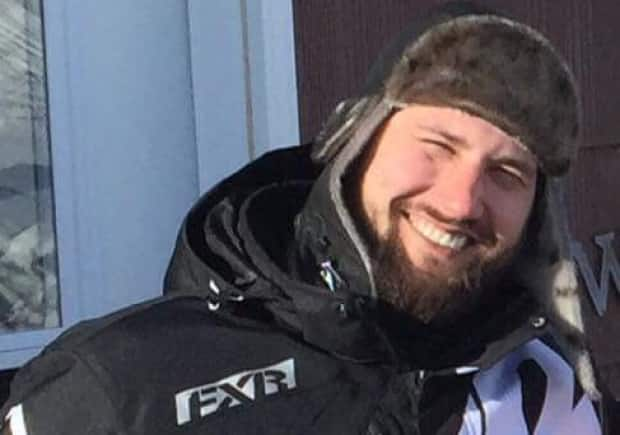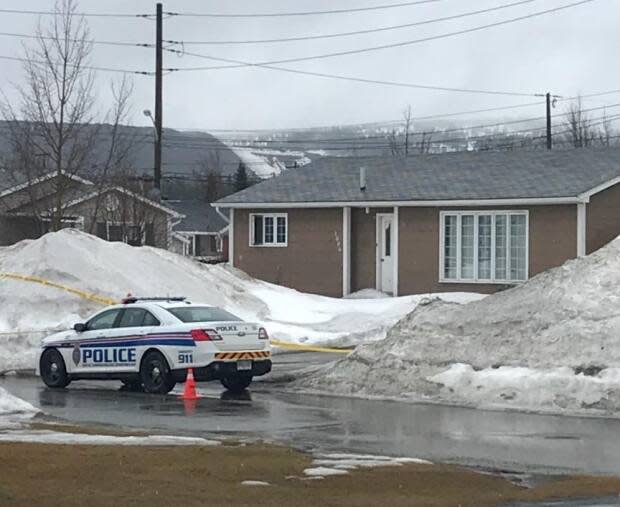Jury enters deliberations in Vincent Ward's 2nd-degree murder trial

Vincent Ward's second-degree murder trial wrapped up Monday with Crown and defence counsel, in their closing arguments, painting two different versions of April 2018 night Vincent Bélanger-Dompierre was shot to death in Labrador City.
The jury will now decide if Ward, as defence counsel argued, was acting in self-defence when he shot the Montreal man or if he did so, as the Crown says, without reasonable cause.
According to an agreed statement of facts, Bélanger-Dompierre's body was found at a home on Pine Avenue early in the morning of April 26, 2018,, along with a large amount of drugs, money and four firearms. Both Ward and Bélanger-Dompierre had cocaine and methamphetamine in their systems.
Prosecutor Trina Simms said the shooting was unlawful, pointing to Ward's interview by police in which Ward said he was there because of "bad decisions."
In the police interview, Ward said Bélanger-Dompierre told him he was going to be killed by people who blamed him for a missing kilogram of cocaine. Ward said he went to his home and grabbed a pair of firearms, a .22 and .270 — but could only find the ammunition for the .270.
Simms noted that Ward testified his stepfather advised him to run away and his friend told him to go to the police.
"He had a choice to make and he made the wrong one," Simms said. "The choice he made was to go to 1006 Pine and shoot Bélanger-Dompierre. He put himself in that situation."
Three different shooting tales: prosecutor
Simms said Ward told three different stories about how the shooting happened in his police interview. In every case, Simms said, Ward told police he handed the .22 to Bélanger-Dompierre. What happened afterward changed each time he told the story, said Simms.
In the first, Ward said Bélanger-Dompierre waved the .22 around, then Ward accidently shot while Bélanger-Dompierre was standing up. In the second iteration, Ward said Bélanger-Dompierre pointed the .22 at him, but Ward told him to put the gun down and Bélanger-Dompierre did. Ward said he then fired but he meant to shoot beside Bélanger-Dompierre's head, not to hit him.
In the third version, Ward said Bélanger-Dompierre pointed the .22 toward Ward and taunted him, then Ward fired. In his police interview, Ward confirmed the .22 was never loaded.

"This is not a trial about drugs and money. This is a trial about murder," Simms said.
Defence counsel says shooting was self-defence
Defence counsel Mark Gruchy, arguing Ward acted in self-defence, said Ward and Bélanger-Dompierre had been working together against the people who were allegedly coming after Ward. Gruchy said it was a tense situation and Bélanger-Dompierre turned on Ward.
Ward heard the bolt-action rifle open and close and thought it was loaded, Gruchy said, adding that the upward trajectory of Ward's bullet indicates Ward quickly fired from the hip rather than aiming from the shoulder, showing it was a reaction rather than a considered decision.
"Everybody was on drugs," Gruchy said. "Can the Crown prove beyond a reasonable doubt that it didn't happen that way?"

Gruchy also said the Crown witnesses were unreliable. Ward's friend, Jacob Beson, testified he was using drugs and felt as though he was overdosing. Gruchy said Beson gave several different statements to police and both Beson and eyewitness Martin Audet had lied under oath already, in their interviews with police.
Gruchy said Ward admitted to taking a lot of drugs after the shooting so his different versions of events could be attributed to Ward trying to explain something while under the influence.

 Yahoo Movies
Yahoo Movies 